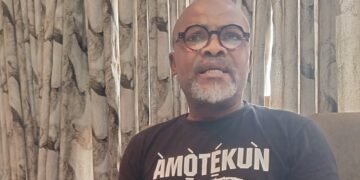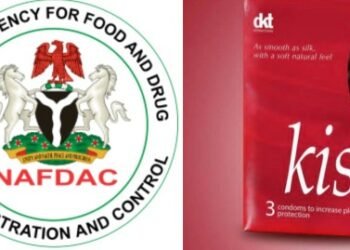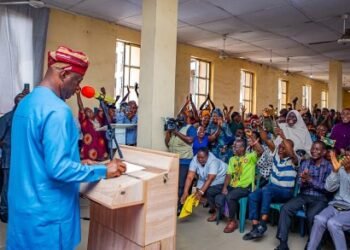2 Suspected Leprosy Cases Discovered In Ibadan
Two suspected cases of leprosy disease have been discovered at Sabo, Mokola in Ibadan, the Oyo State capital after a number of 101 residents were tested for skin infections, on Wednesday.
Also discovered at a free leprosy test at the location were four cases of other skin diseases, among the inhabitants of the community.
These were discovered by a non-governmental organisation, the Life Renewal Healthcare and Empowerment Foundation (LIRECAF), which started the campaign against leprosy disease at Sabo community in Mokola, Ibadan.
The LIRECAF president, Alhaja Jemila Aliyu, said the foundation is working in conjunction with the Damien Foundation, Belgium, (DFB Ibadan Office).
It conducted test for early detection of leprosy, also known as Hansien Disease, which is a bacterium infection, caused by slow growing mycobacterium known as mycobacterium laprae, which affects the nerves, skin, eyes, ears and the lining of the nose( nasal mucosa).
She said, with early diagnosis and treatment, the ailment could be cured, adding that symptoms of the disease include discoloured patches of the skin.
The discovered cases have been handed over to the Tuberculosis and Leprosy Supervisor at the Ibadan North Local Government Area, who was also at the testing ground.
Alhaja Aliyu emphasised that other symptoms are hrowth (nodules) on the skin, thick stiff or dry skin and painless swelling or lumps on the face or earlobes, adding that leprosy cannot be contacted by touching.
She said the routes of transmission is through droplets of an infected person by sneezing or coughing, stated that leprosy disease can be detected through the testing.
She said treatment would be be handled by the local supervisor of Tuberculosis, Leprosy at the local government area, who the LIRECAF has carried along for the purpose of the program.
Aliyu she said the foundation was set ip to identify ways of promoting public health by providing intervention that would lead to prevention, control and elimination of wash-related diseases, caused by unclean water sources and open defecation in urban and rural communities.
She said the foundation would soon launch campaign against Neglect Tropical Diseases (NTD), communicable diseases that affects the poorest community and people at the grassroot.
Aliyu further said some of the diseases are within the urban setting, especially lymphatic filariasis (elephantiasis); leprosy infection, soil transmitted helminthiasis (STH) and guinea worm disease, but she claimed that they have been eradicated.






























